Cross-Cultural Communication was a semester-long course I took in college. And even with that in my back pocket, I still (rightfully so) feel ill-equipped to accurately share my thoughts on several sensitive subjects outside of my sphere of influence. In fact, I think full confidence would be naive (even when it’s called for).
I’m hyper aware of my ethnicity and the incapacity I carry to accurately comment on a number of topics because of it. But sometimes a client calls for content that is timely and needs addressed, so as communicators we’re charged with creating something to say, putting difficult words on the screen for others to look at through their own lens.
Knowing that communication breaks down when people have different backgrounds and perspectives, it’s no surprise that in difficult times sensitive content can be hard to write and even harder to decipher from the other side. If you’re walking on Earth and paying attention to what’s happening on Maui, it’s hard not to feel sadness for their community. It’s impossible to know how a smoldered community when such rich history feels, let alone how they are going to move forward. I know the community needs time to grieve before investors and large companies start talking about “fixing it”, but I don’t know if we understand how deeply those sentiments are felt. The land has some of the last monarchy of the Hawaiian kingdom buried on it and for the most part, the significance has been lost in the coverage.
Our family spends a significant amount of time in Hawaii every year and knowing what I know about the community, they aren’t going to be ready to make big changes anytime soon. And, when it’s time to make those changes, the Lahaina community should be the ones deciding what’s next. They’ll be the ones to spend time rebuilding it in a way that honors those who died in the fires and preserves the most important aspects of the historic town they’ve seen in rubble. If you follow the history of Hawaii, you know the local community very much deserves that right. The coverage of the fires doesn’t tell the same story as the news we hear from the people on the ground. And that gap is what got me thinking about this topic. How well do I do with writing to, and for, different cultures. Am I abrupt? Am I sensitive? Am I culturally appropriate? Am I putting myself in the right role to report, comment or discuss that type of news?
Technology now provides access to catastrophes that generations before us couldn’t experience. It’s not the same as boots on the ground, but it does offer us a chance to take a glimpse at tragic situations daily. Does that give us the right to comment or to try to connect our (very different) experiences to theirs?
The President went to Maui this week and tried to connect with the locals. In his speech, he mentioned a kitchen fire he experienced in his house years ago and that was the only local clip I saw, from an IG account that covers community news. The person who posted it was unnerved by it. It didn’t hit where the President intended. He made it sound as though he understood the loss, the translation between what he intended and how it was received was too big of a gap to express sorrow. Even if well intended, the story wasn’t strong enough to heal any wounds. I think that’s something we, as communicators, need to be careful of, especially when we try to connect with others.
Communicating our condolences and our sympathies is difficult, but there are ways we can connect with people from different backgrounds experiencing difficult realities. First off, we must approach communication with the highest level of awareness we can muster. We must do the background work to illustrate our empathy. And then, when we do the writing, we must work to make sure our writing style is appropriate for the topic at hand. We should also allow more eyes when communicating sensitive materials. Read it to others, gauge their feedback. Allow people the opportunity to push boundaries and ask the hard questions before you go to print. In additional to that, we ought to welcome comments and critiques, knowing that we are not the experts and we must be willing to be corrected. We must learn from our mistakes and work to improve the way we tell stories cross culturally.
If you find yourself writing content that doesn’t land well, it’s okay to edit it, update it or even remove it. It’s okay to issue a retraction or print an apology. We are humans and we aren’t perfect. Learning from our mistakes and willingly admitting when something doesn’t land well is a sign of listening and growing.
Lastly, we must continue to learn about other cultures. The more we know, the better equipped we are to tell true stories that land well, making the impact we intended and healing the errors of misinformation.
